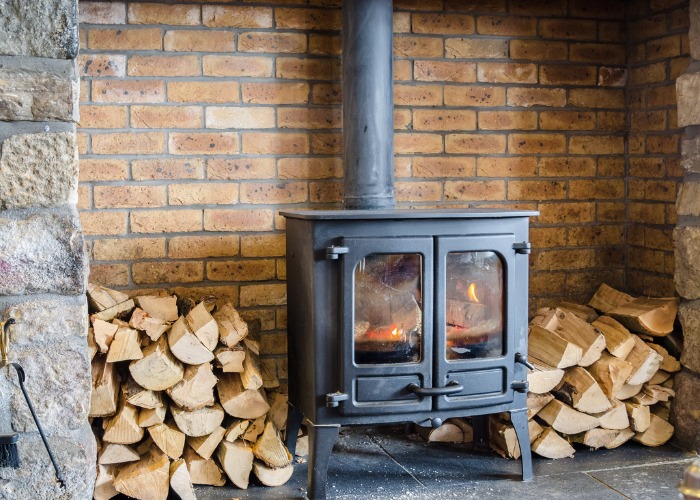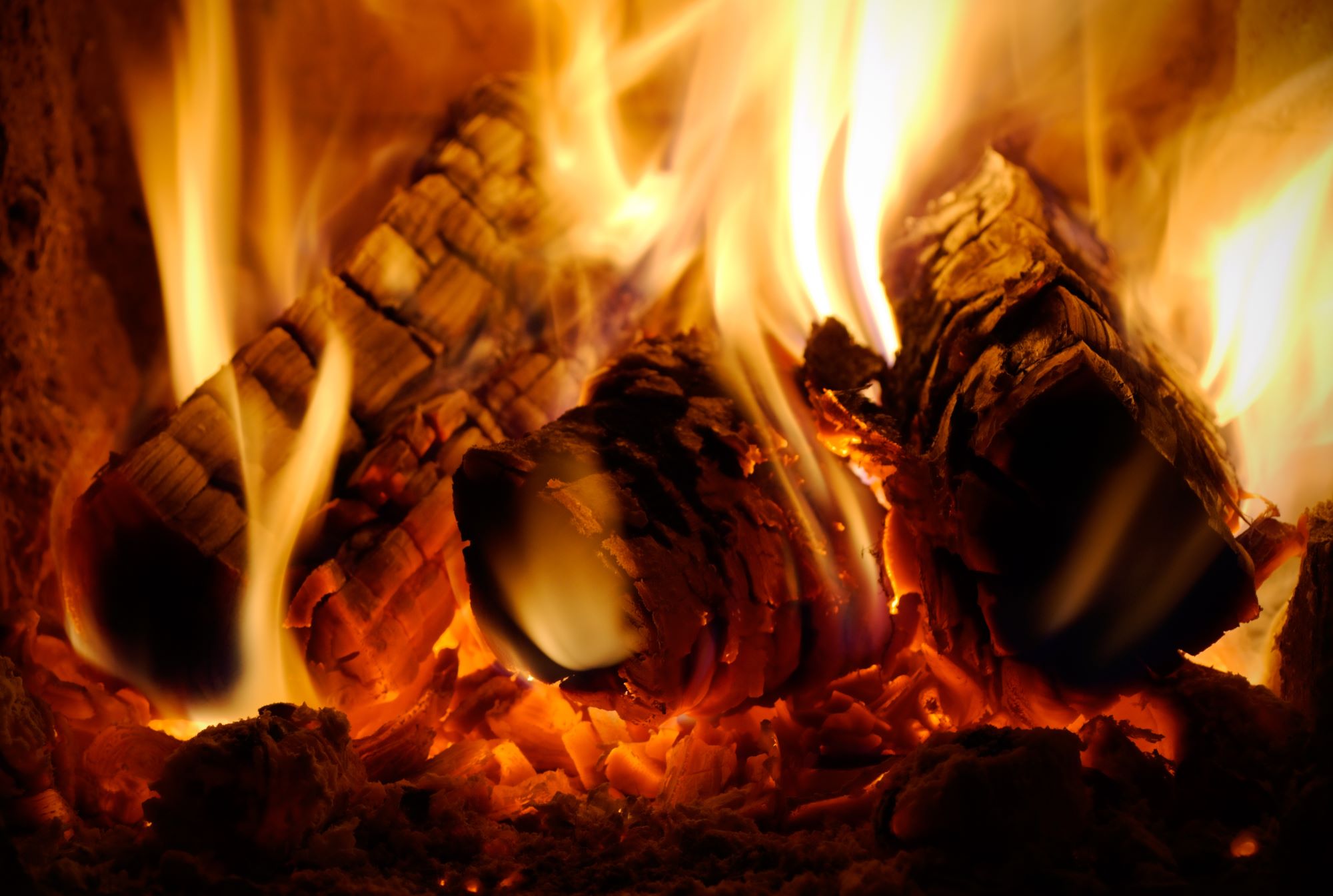It’ll soon be illegal to burn these fuels in your fireplace

If the heart of your home is the hearth, you might have to change how you run it as these common fuels are set to be banned next year
In the colder months, there's nothing cosier than curling up in front of a wood-burning stove or fireplace. Not only do they make beautiful focal points, but they can also be a cost-effective way to heat a home.
Unfortunately, coal and wet wood, two fuels commonly used to feed household hearths, have been deemed major sources of pollution and from next year, their use is being phased out across England.
Harmful to health
The Government has announced that sales of these fuels will be restricted from February 2021 in a bid to tackle air pollution.
Wood-burning stoves and coal fires are the largest sources of fine particulate matter (or PM2.5). Identified by the World Health Organisation as the most serious air pollutant for human health, these tiny particles can seep into the body’s lungs and blood.
READ MORE: Hidden hazards lurking in your home
Long-term exposure to PM2.5 can cause lung cancer, cardiovascular disease, strokes and asthma, with vulnerable groups such as young children and the elderly, especially at risk.
“Cosy open fires and wood-burning stoves are at the heart of many homes up and down the country, but the use of certain fuels means that they are also the biggest source of the most harmful pollutant that is affecting people in the UK,” explained Environment Secretary George Eustice.

Sales of bagged traditional house coal will be phased out by February next year, and sales of loose coal direct to customers will end by February 2023.
Sales of small units of wet wood (less than 2m3) will also be restricted by February 2021, while volumes greater than this will only be sold with advice on how they can be dried before being burned.
There will also be new requirements for solid fuels for domestic burning. The makers of these fuels will need to prove that they have a very low sulphur content and that they only emit a small amount of smoke.
Green alternatives
The move is aimed at encouraging consumers to use ‘cleaner’ fuels – wood-burning stoves and open fires are not being banned altogether.
The problem is not so much the wood, but the moisture content of the wood, which releases smoke and toxic particles when burnt. At the moment, it’s cheaper and easier to buy wet wood – it’s widely available in DIY stores and garden centres.
However, burning dry wood is much less harmful to the environment and humans, and this will still be allowed when the new rules come into effect. To qualify as ‘dry’, it must have a moisture content of less than 20%.
The Government also wants to encourage homeowners to use manufactured solid fuels, as long as these meet the low sulphur content requirements.
The new rules will apply only to England, but governments in Wales and Scotland are also looking to implement similar restrictions in the future.
READ MORE: Easy eco-friendly product swaps for a greener home
Main image: Albert Pego/Shutterstock
Comments
Be the first to comment
Do you want to comment on this article? You need to be signed in for this feature